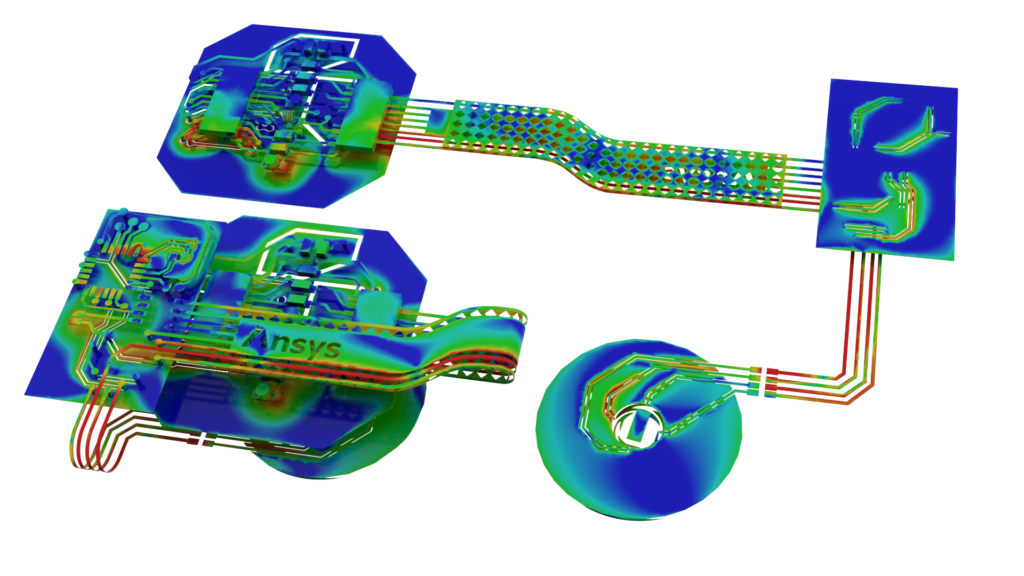ASIA ELECTRONICS INDUSTRYYOUR WINDOW TO SMART MANUFACTURING
Murata Taps Ansys Simulation for Next-Gen Modules
As part of a new multiyear agreement, Ansys’ simulation tools will help Murata Manufacturing Co., Ltd. develop electronic components for efficient, next-generation wireless communication and mobility products.
Leveraging Ansys’ expansive simulation portfolio will help Murata improve the efficiency, performance, and quality of its electronic components. Particularly, this includes radio frequency (RF) modules, multilayer resin substrates known as MetroCirc, and multilayer ceramic capacitors (MLCC). Most importantly, these components are essential in expanding high-frequency communications to support new-age connectivity demands while upholding sustainability initiatives.

Supports Design, Development Initiatives
The new multiyear agreement builds on Ansys’ existing relationship with Murata. Particularly, the Ansys HFSS 3D high-frequency electromagnetic simulation software helped enable the development of an efficient direct-current-resonance method for wireless power transfer systems. Hence, enabling the potential to charge more devices than batteries or wired systems have the capacity to power.
“Murata is leading innovation in wireless connectivity components and working toward a better environment by advancing technology for an Internet of Things (IoT) connected society,” said Norio Yoshida, general manager of the computer-aided design (CAD)/computer-aided engineering (CAE) department at Murata. “Through this agreement, Ansys’ simulation solutions will support our design and development initiatives while enabling us to meet our sustainability goals and help expand our global market.”
The team will implement Ansys’ electronics system design tools to develop high-frequency devices and communications modules for the future that feature low-power consumption, high-power performance, and improved reliability. Furthermore, with the ability to model phenomena such as electromagnetic interference (EMI), electromagnetic compatibility (EMC), and radio frequency interference (RFI), Ansys tools will help to solve complex and large-scale electronics engineering challenges.
“With wireless networks based on the technology of 5G and beyond, the demands of connectivity modules and components increase significantly,” said John Lee, vice president and general manager of the electronics, semiconductor, and optics business unit at Ansys.
In addition, Lee said, “Ansys’ simulation solutions not only meet today’s rising demands but remain ahead of them, and we are confident that Ansys’ electronics system design tools will equip Murata to develop the wireless connectivity possibilities of tomorrow.”




